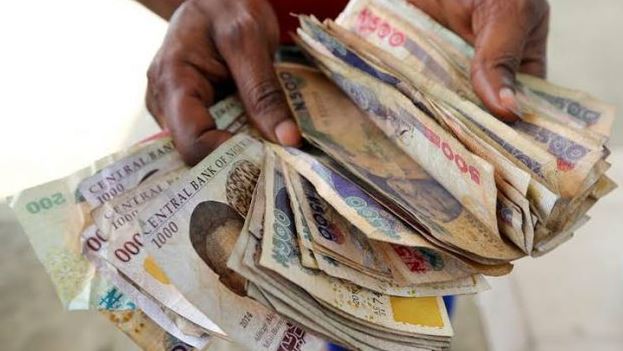By John Ikani
The Supreme Court of Nigeria has nullified the Central Bank of Nigeria’s (CBN) policy to redesign the naira.
The court made this decision on Friday in response to a lawsuit filed by three states of the federation.
According to the court, the old N200, N500, and N1000 notes will remain valid until December 31, 2023. Additionally, the court found the CBN’s policy to be faulty in terms of its timing and implementation.
CBN Governor Godwin Emefiele had revealed plans to redesign the naira in October 2022 with the intention of controlling money supply and aiding security agencies in combating illicit financial flows.
The new-look notes were revealed on December 23, 2022, and the implementation deadline was initially set for January 31, 2023, before being extended to February 10.
However, on February 3, three Nigerian states – Kaduna, Kogi, and Zamfara – lodged a complaint with the Supreme Court, challenging the policy’s implementation.
The Supreme Court subsequently ordered the CBN not to enforce the deadline on the use of old notes following an ex parte application submitted by the three states.
The Attorney-General of the Federation, Abubakar Malami, who was the sole respondent, filed a preliminary objection to the lawsuit.
He argued that the Supreme Court lacked jurisdiction to hear the case and that the plaintiffs should have filed their suit with a federal high court. Additionally, Malami maintained that the plaintiffs had failed to include the CBN in the lawsuit.
Thirteen other states later joined the suit as co-plaintiffs, asserting that the policy had caused immense hardship for Nigerians.
Despite the objections and arguments, the Supreme Court ultimately invalidated the policy, citing faulty timing and implementation by the CBN.
The apex court also criticized President Muhammadu Buhari for implementing the policy without due consultation with the Council of States, the Federal Executive Council, Civil Society, and other relevant stakeholders.
In the lead judgement delivered by Justice Emmanuel Agim, the Supreme Court accused President Buhari of disobeying its interim order to halt the full implementation of the new monetary policy.




































